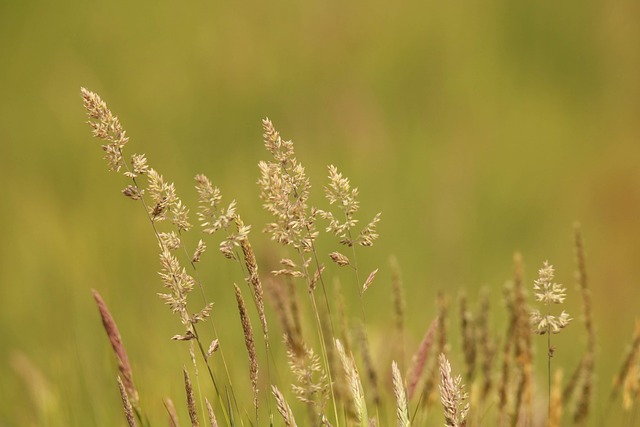Hay fever, also known as allergic rhinitis, affects millions of people worldwide, causing symptoms like sneezing, runny nose, itchy eyes, and congestion. If you’re one of the many sufferers, you know how disruptive these symptoms can be to your daily life. Fortunately, there are several strategies and treatments available to help manage and alleviate the discomfort caused by hay fever.
1. Avoid Allergens
The first step in managing hay fever is to minimize your exposure to the allergens that trigger your symptoms.
- Stay Indoors: During peak pollen seasons, typically spring and fall, it’s best to keep windows closed and stay indoors as much as possible. Use air conditioning to filter the air.
- Use Air Filters: High-efficiency particulate air (HEPA) filters can significantly reduce indoor allergens. Consider using these filters in your home, especially in the bedroom.
- Wear Sunglasses and Hats: When you do go outside, wearing sunglasses and a hat can help keep pollen out of your eyes and off your hair.
2. Nasal Irrigation
Nasal irrigation is a simple, natural method to relieve nasal congestion and clear out allergens from your nasal passages.
- Saline Rinse: Use a saline solution or a neti pot to rinse your nasal passages. This can help reduce congestion and remove pollen and other allergens.
3. Medications
Several over-the-counter and prescription medications can help manage hay fever symptoms effectively.
- Antihistamines: Over-the-counter options like cetirizine (Zyrtec), loratadine (Claritin), and diphenhydramine (Benadryl) can provide relief from sneezing, itching, and runny nose.
- Decongestants: Medications such as pseudoephedrine (Sudafed) can reduce nasal congestion and improve breathing.
- Nasal Sprays: Corticosteroid nasal sprays like fluticasone (Flonase) or mometasone (Nasonex) are effective at reducing inflammation and relieving nasal symptoms.
- Eye Drops: If you experience itchy or watery eyes, antihistamine eye drops can provide quick relief.
4. Natural Remedies
For those who prefer natural treatments, several remedies might help alleviate hay fever symptoms.
- Local Honey: Some people find that consuming local honey can help build tolerance to local pollen, although scientific evidence is limited.
- Butterbur Extract: Butterbur is a herbal supplement that has shown promise in reducing hay fever symptoms in some studies.
- Quercetin: This natural antioxidant, found in foods like onions, apples, and green tea, may act as a natural antihistamine.
5. Lifestyle Changes
Implementing a few lifestyle changes can also help manage hay fever symptoms.
- Shower and Change Clothes: After spending time outdoors, shower and change your clothes to remove pollen from your body and hair.
- Dry Laundry Indoors: Dry your clothes indoors to prevent pollen from sticking to them.
6. Allergy Shots (Immunotherapy)
For severe hay fever sufferers, allergy shots (immunotherapy) can be a long-term solution.
- Consult an Allergist: Allergy shots gradually desensitize your immune system to specific allergens. This treatment can be highly effective but requires a commitment over several years.
7. Stay Informed
Keeping track of pollen counts and planning accordingly can help you manage your hay fever more effectively.
- Pollen Forecasts: Many weather websites and apps provide pollen forecasts. Plan outdoor activities when pollen counts are low.
When to See a Doctor
If your hay fever symptoms are severe or do not respond to over-the-counter treatments, it’s important to consult a healthcare professional. They may recommend stronger medications or other treatments such as immunotherapy.
Conclusion
While hay fever can be a persistent and uncomfortable condition, a combination of avoidance strategies, medications, natural remedies, and lifestyle changes can significantly reduce symptoms. By staying informed and proactive, you can manage hay fever effectively and enjoy a better quality of life during allergy season.
